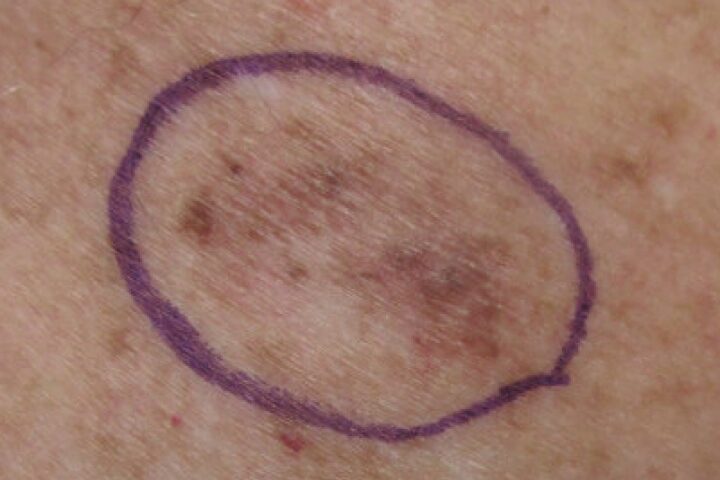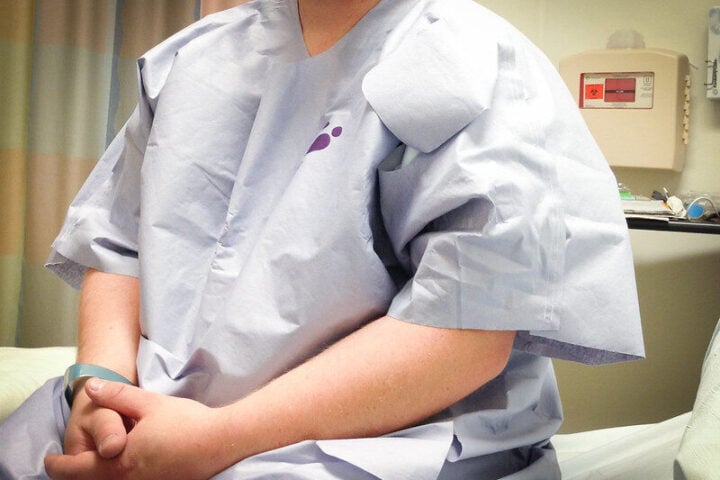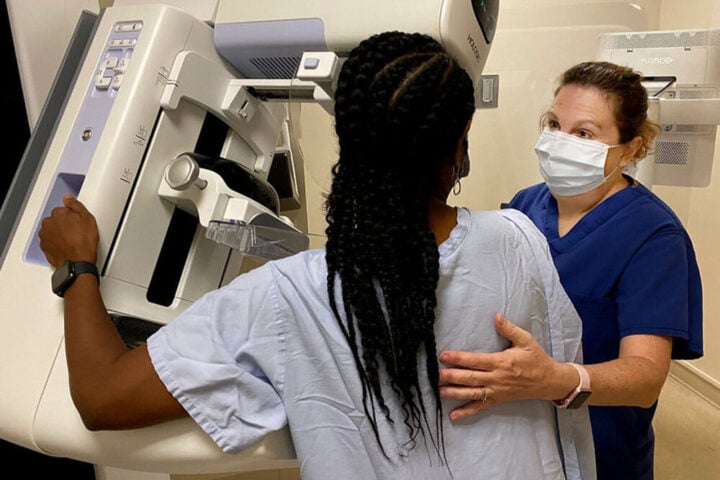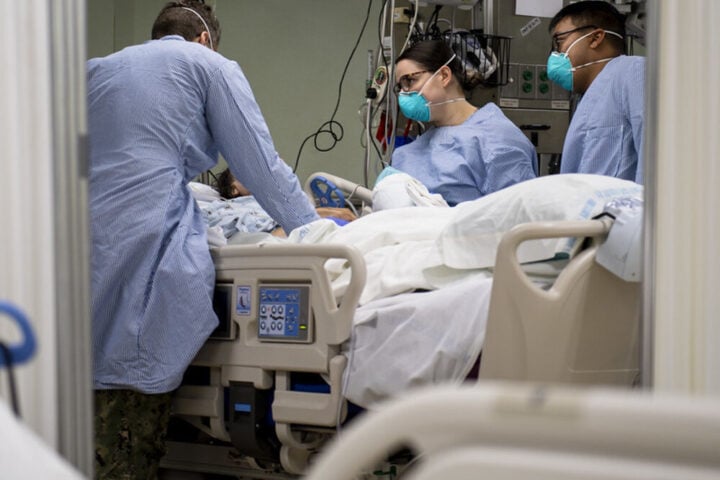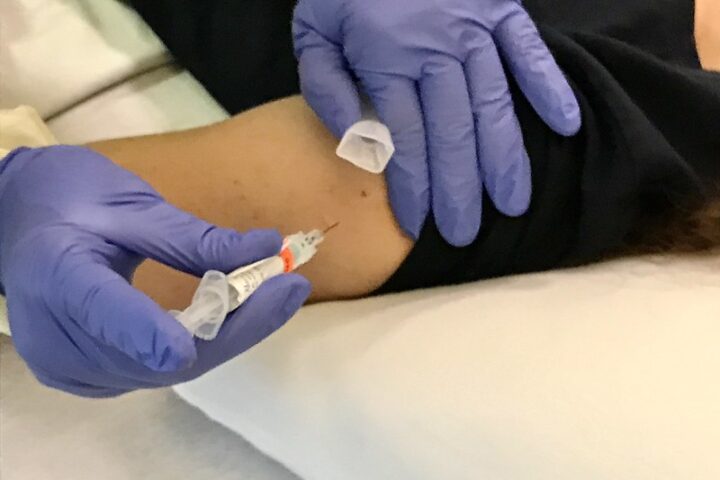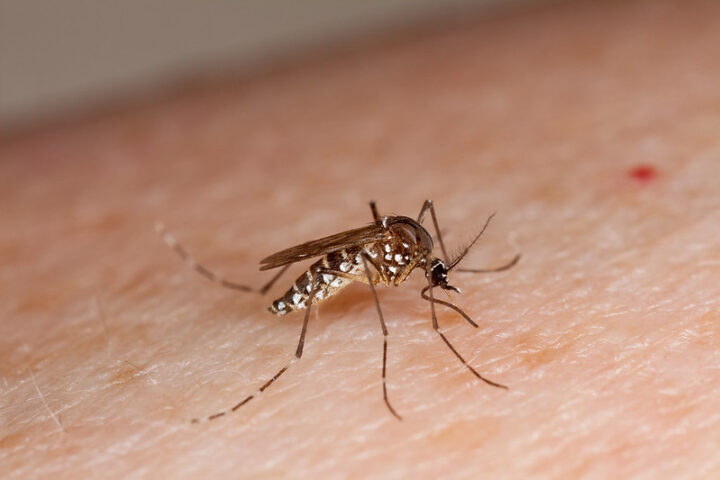The stomach bug known as norovirus is causing major problems in England’s hospitals. New figures show 1,160 hospital beds are being used daily by patients with the virus – the highest number ever recorded.
“We’re seeing twice as many patients with norovirus compared to last year,” says Professor Sir Stephen Powis from NHS England. Last year, only 509 beds were needed for norovirus patients during the same time period.
The virus causes vomiting and diarrhea that usually lasts about two days. It spreads very easily – just a few viral particles are needed to infect someone through close contact or contaminated surfaces. Unlike cold and flu germs, hand sanitizer doesn’t kill norovirus. Only washing with soap and warm water works.
This surge is creating serious challenges for hospitals. When a patient has norovirus, their room needs special cleaning before anyone else can use it. Right now, nearly 300 hospital beds sit empty each day waiting for this cleaning.
Similar Posts:
“Surveys have found that around one in five people don’t always wash hands after using the bathroom, and about four in ten don’t wash hands before handling or cooking food,” says Dr. Simon Williams, explaining why cases might be rising. “People have gotten more relaxed about hand washing since COVID.”
The timing is particularly difficult for hospitals. “We’re already very full,” says Professor Powis. “Nearly one in seven beds has someone who’s well enough to go home but can’t leave yet for various reasons. Now we’re managing this norovirus increase too.”
While healthy people usually recover quickly at home, norovirus can be dangerous for young children, elderly people, and those with weak immune systems. That’s why health officials ask people with symptoms to stay home and call NHS 111 for advice instead of going to the hospital.
Amy Douglas from the UK Health Security Agency offers practical advice: “Regular hand washing with soap and warm water is crucial. Clean surfaces with bleach-based products, as many regular cleaners won’t kill the virus. Most importantly, stay home until you’ve been symptom-free for two days.”
The NHS faces this challenge while still dealing with other winter illnesses. Though flu cases have dropped for six straight weeks, hospitals still care for about 1,755 flu patients daily. Health Secretary Wes Streeting acknowledges the strain on healthcare workers: “NHS staff are working tirelessly in difficult conditions to care for all these patients.”




